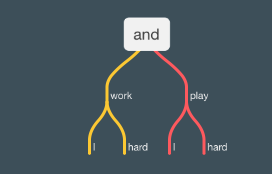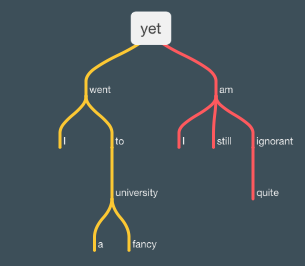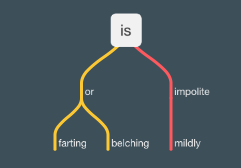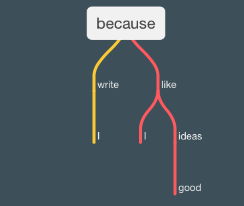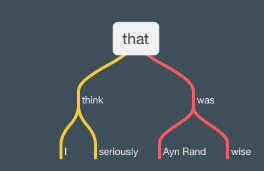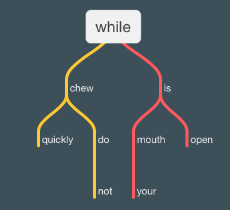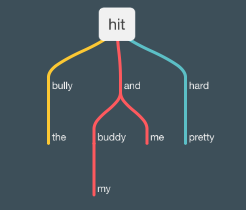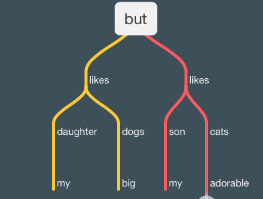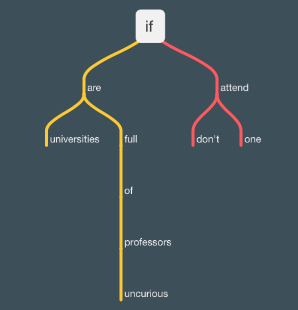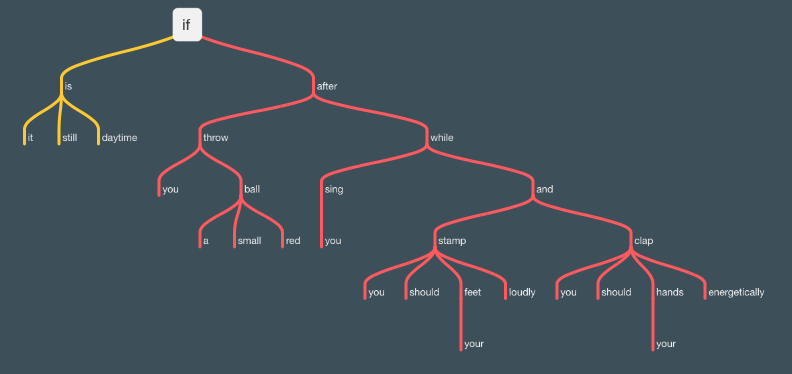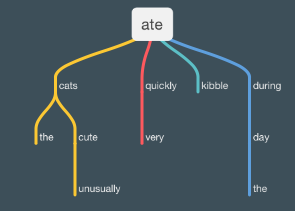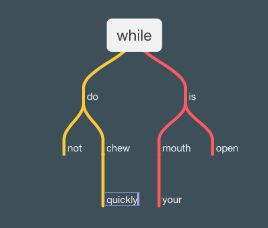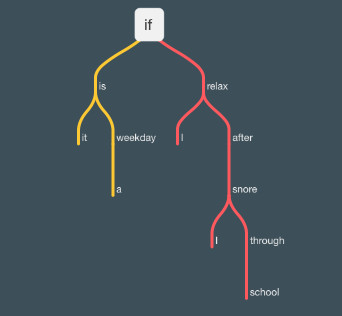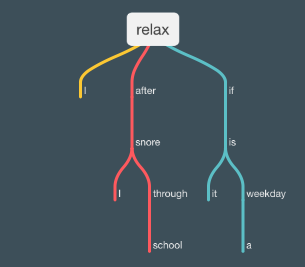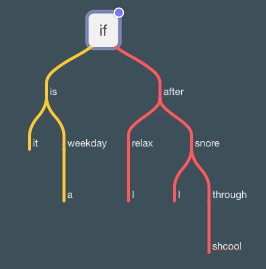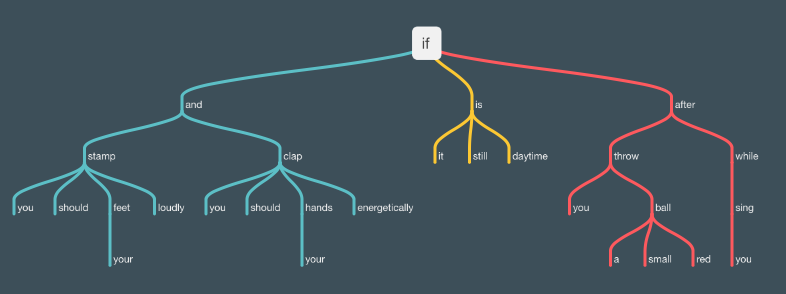Project Summary
This project builds on the mini-project FI Grammar Article Part 1 [AM]. The project is to learn basics of grammar by reading the rest of the FI grammar article and doing the exercises.
Goal
What’s your goal? Why do you have that goal? How will you judge success and failure? What bigger picture goals or values are you pursuing? How is this relevant to CF?
My goal is to learn the basics of grammar. I want to learn grammar because I think it’s useful for text analysis, which is useful for philosophy in general.
The success criteria are reading the whole article, doing all the exercises, create grammar trees for each practice sentence, and addressing any mistakes I make. For example by making a corrected version of a tree.
I later say I expect the project to take a week, I’ll consider completing the project within 10 days a success.
Plan
What’s your plan? How big is the project? What resources do you expect it to require and what have you allocated for it? How confident are you about succeeding? What sort of errors or error rate do you expect and how will you deal with that? Got any error correction mechanisms? What are the risks of not finishing the project or failing and do you have any plan to address those risks?
I found out that the article was used in the Max tutoring sessions. I’ll follow along the videos and stop to read the article and do the exercises. I’ll compare my answers with answers on the forum and on blog sites like Justin’s.
I would expect to make around 2 errors on each exercise set. If the error is due to a grammar misunderstanding I’ll read up on the topic and perhaps search the web for alternative explanations, then I’ll explain the error and show how to correct it.
In the previous project I made a mistake of forgetting to include a word. In this project I’ll make sure to do check over each sentence and the analysis to check specifically whether all words were included.
Doing the exercise part of part 1 only took 40 minutes, but the whole project took more like 3-4 hours to complete. I think that each part will take about 3 hours (everything between when a part starts to when it finishes). I will have around 2 hours each day to spend on this project. That would take 3 hr/part * 4 parts / 2 hr/day = 6 days. Part 5 doesn’t have any exercises though, but then there’s concluding the project and any unexpected errors, so I’ll say I expect to finish within a week.
I’m 90% confident that I’ll read through the article and attempt all exercises. I’m less confident that I will handle all the errors correctly, perhaps 70%, because I may have bias for not finding errors and not wanting to admit them.
I’m not sure of a plan to address the risk of not finishing the project. Put more effort in? Ask for help when the project seem so to be in danger?
Other People
What help are you asking from others? What value are you offering to others? Will you complete the project independently if no one else participates? Why are you sharing this with others? What sort of criticism do you want?
I would appreciate if other people would look at my answers and critique them. I will complete the project regardless of whether other people help or not.
I think beginners can look at the project to compare answers and if they want to do same project they can look for things that went right or wrong with the project. I think people who are at intermediate skill level would benefit from repetition/refreshing. I don’t think I can offer any value to people at an advanced skill level.
I’m sharing the project such that; I can learn from people critiquing it, others can look at it as an example of a grammar learning project, I build a public track record of completing learning projects related to CF.
I can’t say I want unbounded criticism. I would want criticism on grammar, how I filled out this template, methods used in the project, my time management, the prioritization of this project over doing other things, my plan for the project. These aren’t the only things I accept criticism of, just some I thought of that could be useful. Otherwise give me criticism you think would be helpful.
Context
What’s the context? What’s your relevant background and track record? Why are you prioritizing this over alternative projects? Why are you doing it right now? What have you already done?
I have successfully completed two mini-projects, one of which this project directly builds on.
I’m not a native english speaker, so I think learning better grammar is especially important for me to learn philosophy. It is also a project that many others have done successfully, and I’m still early on in doing projects on CF, so I think doing a project others have done successfully is good idea to find a project with high chance of success.
